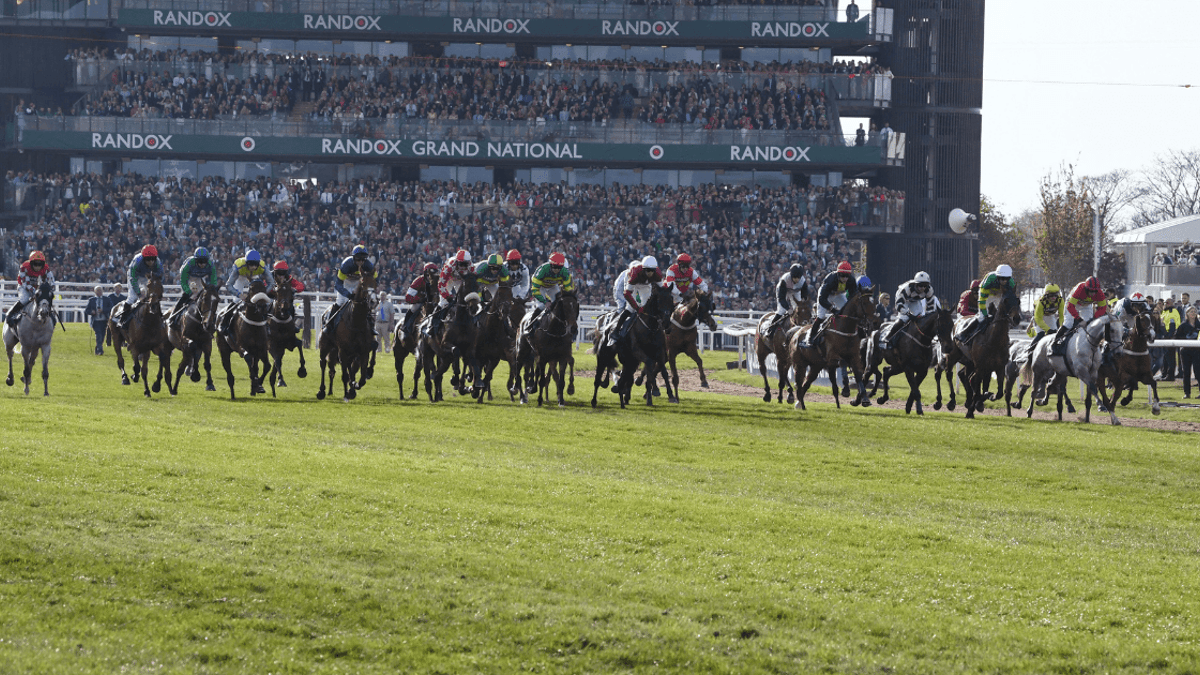Donn McClean: The BHA May Need To Reconsider Restrictions Position

You need to be careful when you start to think about the introduction of restrictions. Protectionist measures, by definition, if they work, create a situation that deviates from the point of equilibrium at which things can rest easily.
You have to think through the ramifications, the long-term consequences as well as the short-term goals.
And you need to consider the method by which they will be implemented, with watertight rules, not easily circumventable.
If the BHA goes ahead and runs with their recently mooted idea to restrict the number of runners that any one trainer can have in certain races to four, that would be a new departure.
We Rank The Best Horse Racing Betting Sites
Read Up On The Latest Cheltenham Offers
You suspect that the reduction in the number of runners in the Grand National this season from 40 to 34 has been the catalyst for the airing of the suggestion, but you need to be careful of knee-jerk reactions.
The strong have always been strong. Tom Dreaper won the Irish Grand National seven times in a row, from 1960 to 1966 inclusive.
Vincent O’Brien won the Aintree Grand National three times on the spin in the 1950s, with three different horses.
The legendary Dr O’Brien also won the Gloucester Hurdle, the modern-day Supreme Novices’ Hurdle, eight times in five years. Okay, there were divides then, but he won eight of the 10 divisions.
It’s the same in most walks of sporting life. When a team or an individual is dominant, when you are in the middle of said dominance, you can’t imagine a time at which they won’t be.
Liverpool were English champions 11 times in 18 years between 1972 and 1990, and they finished second in the championship six of the seven times that they didn’t win it.
Manchester United won the Premier League five times in seven years from 2006 to 2013, and finished second in the two years in which they didn’t win it.
Now it’s Manchester City, five of the last six and second in the other. The wheel turns.
When Dublin are winning All-Irelands in Gaelic Football, you can’t see how anyone will beat them. Kilkenny too in Hurling. Now it’s Limerick. And yet, you know that they will be beaten. It’s sport.
Fred Winter dominated British National Hunt racing in the 1970s. He was champion trainer every year except one from 1970 to 1978.
In the 1990s and the early 2000s it was Martin Pipe, who was champion every year except two from 1988 to 2005. In 2001, Martin Pipe had 10 runners in the Grand National.
During the 1980s and 1990s and even into the 2000s, an Irish-trained winner at the Cheltenham Festival was a relatively rare being.
More Irish winners than British winners there was unimaginable then. Now it’s the norm. But it will turn again. You know that it will, because it always does.
You have to be careful too when you start to penalise success. The successful trainers on both sides of the Irish Sea are successful because they are good at what they do. Success was never a given. It was and is hard-earned.
These days, one of the main issues in racing is small field sizes. You want races, especially the big races, the big handicaps, to be as competitive as they can be.
Follow All Donn McClean's Racing Columns
Check Out The Best Betting Apps
True, Gordon Elliott had 14 runners in the Troytown Chase at Navan last month, but they didn’t displace any intended runners.
If he had run just four horses, there would have been just 10 runners in the race, and that would have been an unsatisfactory situation in one of the biggest staying handicap chases on the racing calendar.
Also, the 14 runners represented five different owners, and every one of them was running on his own merits.
It was a wide-open handicap chase, made all the more competitive for the presence of the Gordon Elliott runners.
Elliott had the winner all right, Coko Beach, but Coko Beach was a 20/1 shot, only joint-fifth best of the Elliott contingent, according to the market.
It is a positive for the competitiveness of these races that the top owners and the top trainers are happy to allow their horses take each other on.
A restriction on the number of horses that a trainer could run in a race would force trainers to choose one horse over another, one owner over another, and that would have the potential to become a major deterrent to owners, at a time at which racing needs all the owners that it can muster.
Eddie O’Leary of owners Gigginstown House Stud said that, if it came to pass and if they needed to, they would just transfer four horses to a different trainer in advance of a race.
The last 15 winners of the Grand National have been trained by 13 different trainers.
Gordon Elliott has supplied two winners in that time, Tiger Roll and Tiger Roll again, while Lucinda Russell has also supplied two, One For Arthur and Corach Rambler.
The spread of winning trainers has much more width than depth.
The 40 horses who ran in last year’s Grand National were the 40 best horses who held entries in the race, according to the official handicapper. That’s the point of equilibrium.
Don't miss out on The Jump Zone each week which features tips and analysis from the Racehour, Donn McClean and Tanya Stevenson for all the upcoming national hunt racing action.













